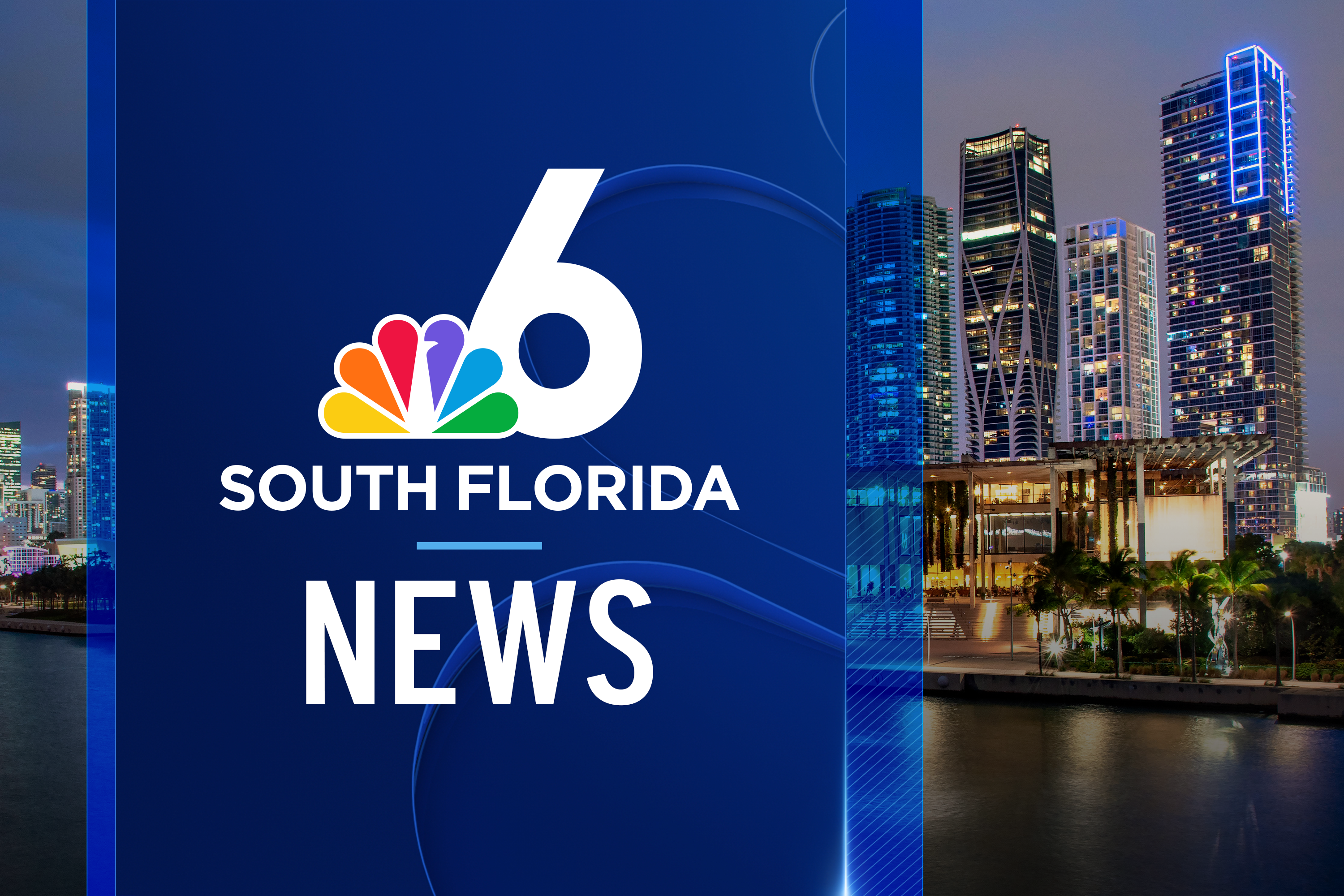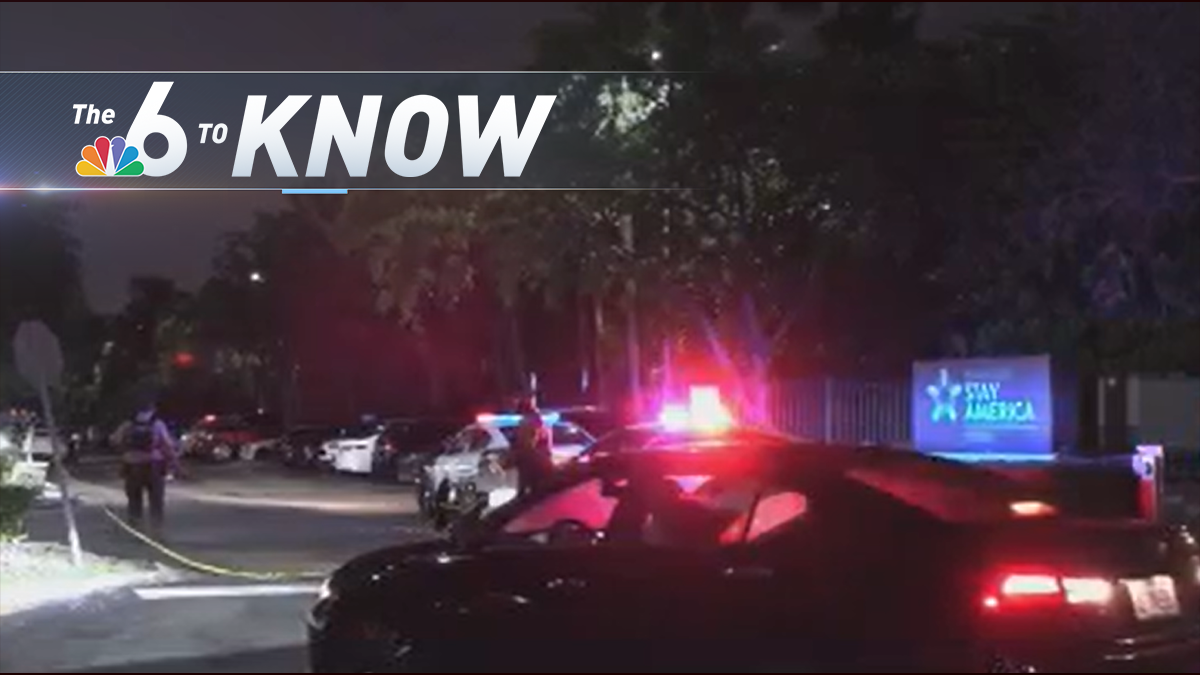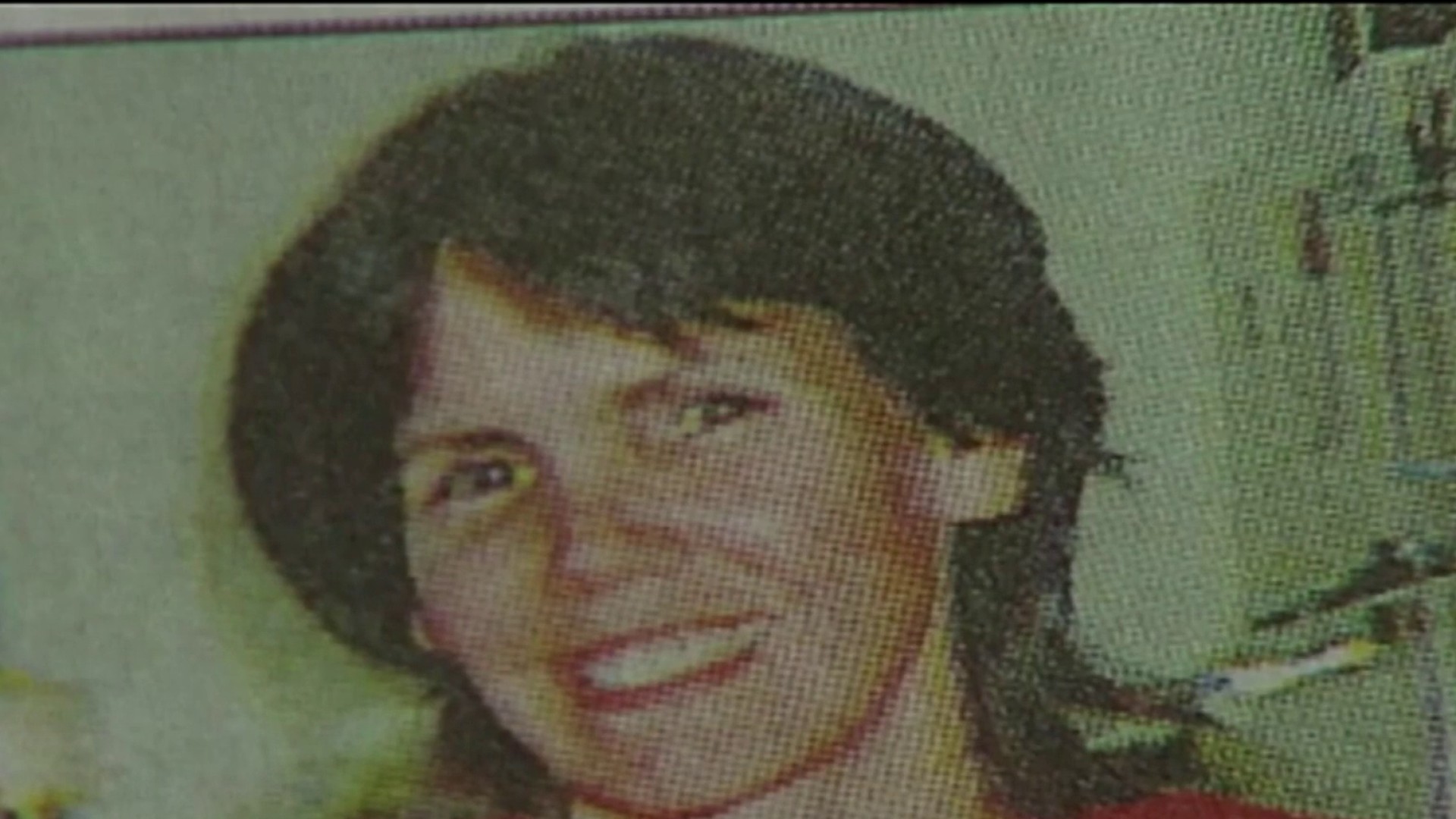Everyone knows every second counts when a 911 call is made. What most people don't know is there's a big difference between 911 calls made from a cell phone and those placed from a land line phone.
"It's a challenge to process those types of calls, we are not provided an address from where the caller is calling from," says Lisa Zarazinski, director of the Broward Sheriff's Office's emergency call center. "A lot of times the callers are frantic, they're in a panic, they need emergency services and we're here to assist them but we need their cooperation, we need to know where they're calling from."
Last fall, Kate Maffei found herself in that exact situation, overcome by panic as a gunman fired shots at her right through her front door in Coral Springs. Maffei was hit twice by bullets. She frantically called 911 on her cell phone, and then waited an agonizingly long time, more than 10 minutes, for help to arrive.
"I can't even begin to describe to you how terrified we were," Maffei told us, recounting the horror of the moments in which she thought she would be killed.

'I’m Dying,' Double Shooting Victim Tells Dispatcher in Coral Springs
Zarazinski says there's a reason it takes longer for help to arrive if the 911 call is made from a cell phone.

"Understand that when you dial 911 from a cellular phone, we are not given an address of where you're calling from, we are not given an exact location," Zarazinski said.
VIDEO: "A Big Tourist Boat" Flipped Over, Witness of Capsizing Said in 911 Call
When a call comes in to the 911 center from a land line phone, the operator sees an address on the computer screen showing the exact location of the phone, and help is dispatched immediately. If a call is made from a cell phone that has G.P.S. enabled in it, like most of today's smart phones, the operator can eventually find the caller through latitude and longitude positioning, but it takes a few minutes. The worst-case scenario is a 911 call made from an older cellphone that doesn't have G.P.S. There's no way for the operator to pinpoint its location.
Local
"Know where you are," Zarazinski says. "I understand that emergencies happen and people can be frantic, but always try to know where you are when you're calling for help, please give us the address, and we can send help to you quicker than having to go through the process of trying to find out where you are."
With more than 80-percent of 911 calls coming in from cell phones these days, Zarazinski says it's more important than ever for the public to understand that giving the 911 operator your precise location can potentially be a life-saving move.
More Local Stories:



